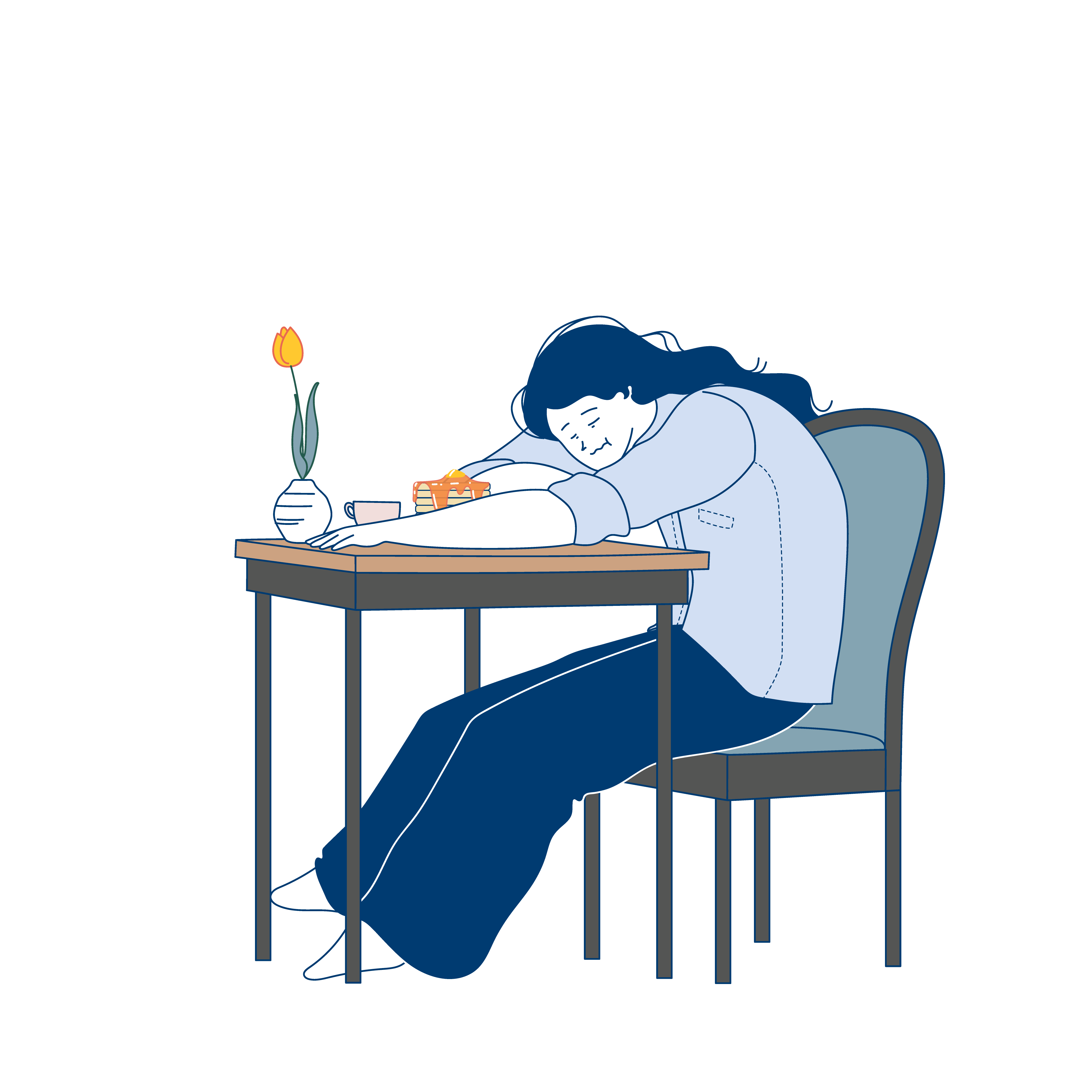Have you been struggling to sleep lately? Sleep deprivation is a condition that many of us struggle with when we have poor sleeping habits or are experiencing a large amount of stress. We spoke to Sleep Expert Jane Wrigglesworth to discuss sleep deprivation and ways we can boost our energy and alertness throughout the day.
Poor memory? ‘Foggy’ brain? When it comes to mental acuity, sleep – or lack of it – can determine how well we focus or recall information.
Sleep deprivation affects our brain cells’ ability to communicate with one another, leading to impaired cognitive performance that affects our memory and mental sharpness.
In a study by UCLA, researchers found that lack of sleep caused the behaviour of participants’ brain cells to change, becoming slower, with slow, sleep-like waves. This change in neurons suggested that particular regions in our brains effectively take small naps when we’re sleep deprived, which causes mental lapses and that ‘foggy’ brain we might experience.
It also explains why sleep-driving is likened to drink-driving, as our reaction times when sleep deprived are greatly impaired. It takes longer for an overtired brain to register a red light, for example, or a pedestrian stepping out onto the road.

If you often experience cognitive impairment, the only solution is to get more sleep. But to help throughout the day, there are a few things you can do to boost your energy and alertness.
- Start the day with a good breakfast, with a decent amount of protein, some carbohydrates and good fats. Have a snack two or three hours later in order to stabilise your blood sugar levels. Wavering levels will add to your fatigue.
- Don’t overeat at lunch, and avoid food that is high in saturated fat. A large meal will make you more sleepy. Avoid foods high in sugar, which will lead to blood sugar levels spiking.
- Drink plenty of water throughout the day. Dehydration contributes to fatigue. Even if that means more trips to the bathroom, the act of getting up regularly will help keep you more alert.
- We naturally have a dip in alertness between 2pm and 4pm. Undertake any tasks that require high concentration before or after this.
- Go for a brisk walk outdoors as early in the morning as possible. Natural, bright light resets our circadian rhythm and stimulates the brain, while exercise boosts energy and adrenaline levels.
- Chew gum. Some studies suggest that chewing gum may increase alertness and productivity.
- If necessary, take a 20-minute power nap to improve alertness. Some people may be able to get away with 25 or even 30 minutes (you will only know by trying it), as the average time for someone to reach deep sleep is 25 to 30 minutes. Longer than this and you will start to drift off into deep sleep. When you awaken from deep sleep, you will feel anything but refreshed – and possibly even worse than you did before your nap.
About the Author
Jane Wrigglesworth is a certified sleep science coach based in Auckland, New Zealand, but also offers Skype and video conferences for people across the globe. She studied sleep and neurobiology at Michigan University, and natural medicine and nutrition at South Pacific College of Natural Medicine. She consults with individuals and corporate groups on sleep, providing life-changing information and guidance to a wide array of audiences. She also conducts regular workshops on how to get a good night’s sleep.



